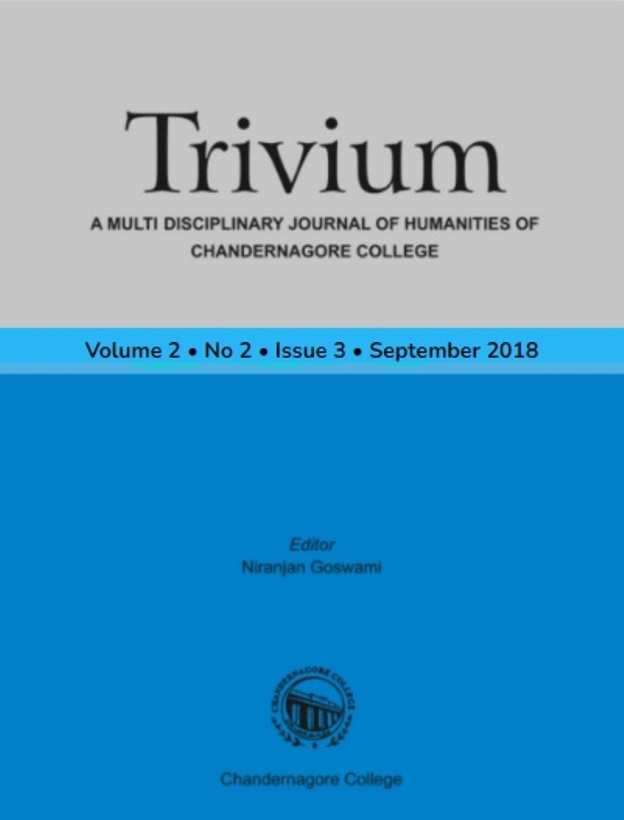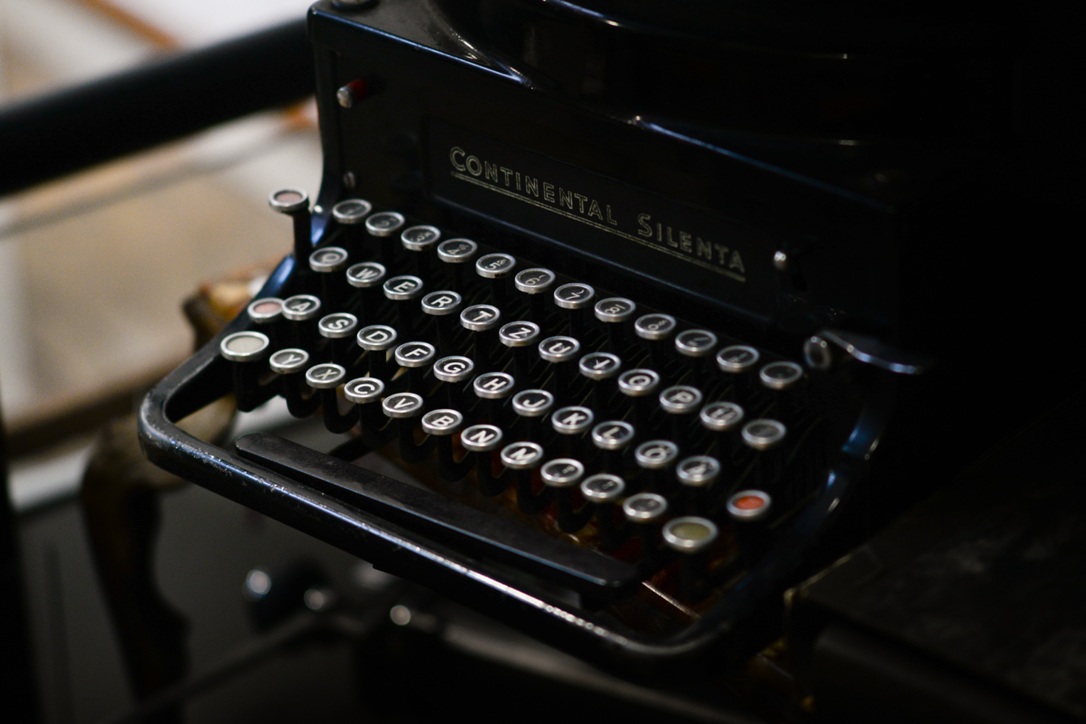Trivium : Vol - 2 : No - 2 : Issue - 3
The present issue continues the trend of the past issues in having a wide range of topics. From the English Renaissance to the postcolonial consciousness of OrhanPamuk, a variety of subjects and approaches find a place. The essay on Michael Drayton makes an interesting contribution to Renaissance studies by arguing that Drayton moved away from the influence of Spenser and that his political belief was reflected through generic experiments. Two essays deal with modern authors OrhanPamuk and J.M. Coetzee. Whereas one attempts to extract the principles of writing history through autobiographical reflections of Pamuk, the other looks at Coetzee’s modernist rewriting of Defoe from a novel angle – the focus this time being on the gendered narrative of seafaring women. The two remaining essays take us to Indian themes – one to an analysis of colonial narrative discourse in the English novel by Bankim Chandra Chattopadhyay, who went on to become a pioneering nineteenth-century Bengali novelist; the other talks about a twentieth-century literary movement named ‘Nimsahitya’ in Bengali literature of the sixties.
Readers can find front matter and back matters of the issue by clicking respective buttons:







